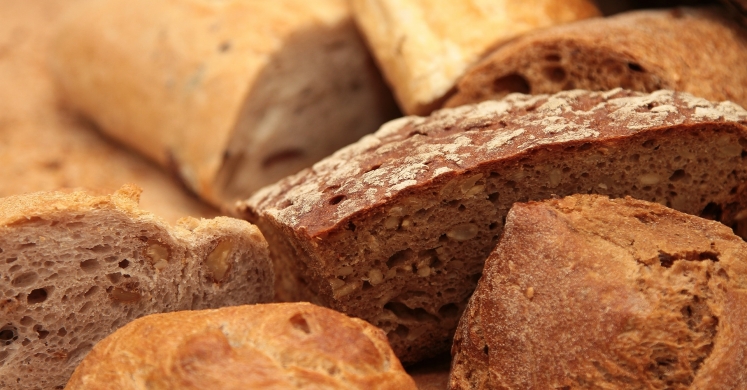Phipps Stories

Is a Gluten-Free Diet Good for Everyone?
Q: I’ve heard that going gluten-free could help me lose weight. Is a gluten-free diet good for everyone?
Thank you for your question! Let’s first talk about what gluten really is. Gluten is a protein found in wheat, barley, rye, and spelt. It’s the stretchy material that helps to give these grains their shape.
It is important that people with certain medical conditions avoid gluten. One form of gluten intolerance is celiac disease, an autoimmune condition in which the consumption of gluten damages the intestinal lining. While only a small fraction of Americans have been diagnosed with celiac disease, it is paramount that these individuals avoid gluten so that they can digest and absorb other nutrients. Another form of gluten intolerance is called non-celiac gluten sensitivity (NCGS). When people with NCGS consume gluten, they commonly experience celiac disease-like symptoms such as diarrhea, bloating, joint pain, and fatigue. In these cases, people usually choose to avoid gluten to manage their symptoms. Unlike celiac disease, ingesting gluten will not result in nutritional deficiencies or intestinal damage for people with NCGS. Other folks may need to avoid wheat products entirely as the result of a diagnosed wheat allergy. Key symptoms of a wheat allergy are pronounced skin, respiratory, and/or gastrointestinal reactions.
So, should everyone go gluten free? Unless you are experiencing symptoms suggesting that you have one of the above conditions, I would not recommend removing gluten from the diet entirely. Instead, let’s aim for moderation and balance.
As a principle, having too much of anything isn’t healthy or sustainable…but neither is unnecessarily cutting food components from the diet. Instead, focus on the quality of the grains that you’re consuming. Enjoy a variety of gluten-filled and gluten-free carbohydrates in moderation. Gluten-filled barleys, breads and cereals as well as gluten-free oats, rice, and quinoa have all earned a spot on our plates. Whole-grains like these naturally contain B vitamins and dietary fiber and therefore may offer more nutrients than products manufactured from gluten-free flour alone. For those experiencing health altering effects from gluten, remember to always check a product’s packaging to confirm that it is in-fact "gluten-free." And let's not forget to check the ingredient list to ensure that you can recognize the ingredients listed on the Nutrition Facts Panel!
Sources:
Mahan LK, Raymond JL. Krause's Food & The Nutrition Care Process. 14th ed. St. Louis , MO: Elsevier; 2017
Photo: TiBine, https://pixabay.com/en/bread-roll-eat-food-breakfast-399286/

